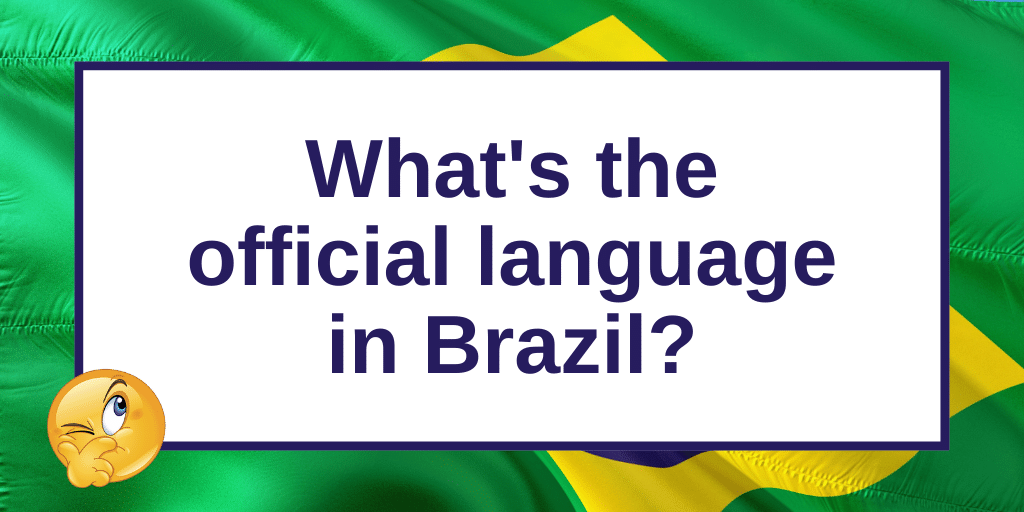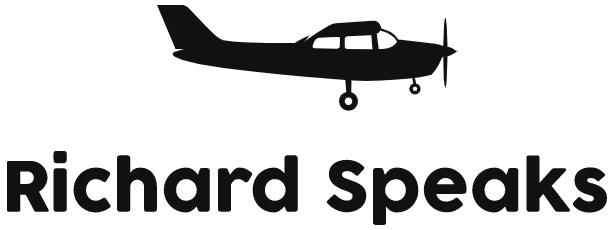
What Language Does Brazil Speak?
If you’re wondering what language Brazil speaks, you’re not alone. While Spanish is widely spoken across Latin America, Portuguese is actually the most commonly spoken language in Brazil. While Italian and German immigrants are more common in Brazil than Spanish speakers, the country is incredibly diverse. You’ll be surprised to learn that more than 50 languages are spoken in the country. To learn more, read on. Then, learn how to communicate with native Brazilians.
Portuguese
Before the Portuguese arrived, indigenous languages were spoken in Brazil. After the Portuguese arrived in 1500, Portuguese became the primary language of the country. This language was quickly adopted by the Brazilian population, and Portuguese continues to be the country’s primary language. The Portuguese language is also widely spoken outside Brazil, and is considered the official language by the Brazilian government. However, before Portuguese became the national language of Brazil, its speakers had many Indigenous languages that were influenced by European settlers.
Spanish
Though Spanish is the official language of most Latin American countries, it is not widely spoken in Brazil. There are many reasons for this, but one of the primary reasons is Brazilians’ strong aversion to Spanish. This article will outline a few of these reasons. Read on for more information on the importance of speaking Spanish in Brazil. Let’s begin! What is Spanish in Brazil? What is its status in other Latin American countries?
Italian
If Talian is the language of Venice, then Italian is the language Brazil speaks. Specifically, the language is spoken in the state of Rio Grande do Sul, where it is co-official in some municipalities. To foreigners, this fact may seem strange. Italian speakers flooded the region during the 19th century, and at one point, 60% of the settlers came from Veneto. Today, about 30% of the people in Rio Grande do Sul are of Italian ancestry.
German
If you’re wondering whether German is spoken in Brazil, you aren’t alone. The German influence is widespread in southern Brazil. German cuisine, architecture, and language are widespread. Massive waves of immigration have brought the German language and culture to the country. There are also significant German communities in the country. Below are some places where you can learn more about the German language in Brazil. It’s easy to learn and improve your German skills by taking a few beginner German classes.
Brazilian Venetian
Although Italian is widely spoken in Brazil, the Venetian language has its own variations in the South. The language of Rio Grande do Sul is considered Talian, and some municipalities in that state also speak it. This fact may surprise foreigners, but the dialect of the Venetian language is still largely used. The language reflects the Italian heritage of the region, as around 60% of the early 19th-century immigrants were Italian. Today, about 30 percent of the population in Rio Grande do Sul is Italian.
Indigenous languages
The Indigenous languages of Brazil are a diverse group, often endangered. Most linguists who specialize in these languages are consultants in school education. Yet numbers are very important when discussing the status of Brazilian Indigenous languages. This article presents a critical review of the Indigenous language broadcasting landscape in Brazil, including traditional analogue transmission, podcasts, and online radio. It begins by introducing Brazil’s Indigenous linguistic diversity and examines the broadcasting legislation in Brazil that encourages programming in Indigenous languages other than Portuguese. It also compares and contrasts four Brazilian radio stations with Indigenous content, and assesses the challenges of programming in this sector.
